Sales & Use Tax Audits – Accounts of Interest
Hi everyone,
Welcome to your weekly tax tip! Today, we’re diving into one of my favorite topics: sales and use tax audits. While audits can seem intimidating, understanding what auditors look for can help you stay one step ahead. In this post, we’ll focus specifically on a key area of interest for auditors — your general ledger (GL) and the accounts that typically draw their attention.
What Is an “Account of Interest” in an Audit?
During a sales and use tax audit, the auditor will review not only source documents (such as invoices, receipts, and shipping documents), but also your accounting records, including your general ledger. However, they’re not reviewing every single line item — that would be time-consuming and inefficient.
Instead, auditors concentrate on specific accounts of interest. These are accounts that frequently contain transactions with potential tax exposure. Whether due to common reporting mistakes, misclassified purchases, or simply because of the nature of the business, these accounts often serve as red flags.
Common Accounts of Interest for Sales & Use Tax Auditors
While every audit is tailored to the specific business being reviewed, some accounts tend to draw attention in nearly every case. These include:
- Sales Revenue
Auditors will reconcile reported sales with actual books. Any discrepancies between total sales, taxable sales, and reported numbers will require explanation. - Sales Tax Payable / Use Tax Accrual Accounts
These accounts are key indicators of whether a business is properly accruing and remitting tax. Inconsistencies or large adjustments can be red flags. - Software Purchases and Licenses
Taxability of software varies by jurisdiction and type (e.g., SaaS, downloadable, custom). Auditors will often drill into this category to identify non-taxed items that should have been taxed. - Maintenance & Repair Services
Property maintenance and janitorial services can be taxable in some states. These expenses are commonly reviewed, especially if vendors didn’t charge tax. - Equipment and Capitalized Assets
Purchases recorded in fixed asset accounts can involve large dollar amounts, and the tax treatment must be accurate. Auditors will often review invoices to confirm tax was paid or use tax was properly self-assessed.
Miscellaneous or “Catch-All” Expense Accounts
These are especially suspect. If auditors see a pattern of miscategorized expenses or lumped charges, they may investigate further.
Industry-Specific Considerations
While there are universal accounts of interest, auditors tailor their reviews based on your business type. For example:
- In retail, sales and inventory shrinkage might be of interest.
- In construction, subcontractor expenses and equipment leases may receive attention.
- In professional services, software and consulting purchases are often scrutinized.
Knowing what’s relevant to your industry can help you proactively review and reconcile those accounts before an audit even begins.
Be Audit-Ready: Key Recommendations
Understanding which accounts are under scrutiny should change how you approach your monthly and quarterly accounting. Here are a few best practices:
- Reconcile Tax-Related Accounts Regularly
Make sure your sales and use tax payable accounts tie back to your tax returns. Any discrepancies should be investigated and documented. - Retain Source Documentation
Keep invoices, exemption certificates, shipping records, and sales tax workpapers for at least as long as your state’s statute of limitations (commonly 3–4 years). - Document Adjustments Clearly
If you adjust sales figures, taxable amounts, or tax accruals, always document why. Clear notes and supporting documentation go a long way in an audit. - Explain Fixed Asset Activity
Large additions to your fixed asset register should be supported by invoices that clearly show whether sales tax was paid. If not, you should have evidence that use tax was accrued.
Review Vendor Tax Charges
Just because a vendor didn’t charge tax doesn’t mean the purchase was exempt. Be ready to self-assess use tax on taxable purchases.
Final Thoughts
Sales and use tax audits don’t have to be scary if you know what to expect. Auditors aren’t looking to review everything — they’re focused on specific high-risk accounts where businesses often make mistakes. If you proactively monitor these areas and maintain proper documentation, you’ll be in a much better position to defend your tax compliance.
And that’s your tax tip of the week!
DISCLAIMER: This post is for informational purposes only and reflects general guidance at the time of writing. Sales and use tax laws vary by jurisdiction and are subject to change. Always consult a tax professional for advice tailored to your specific situation.
Key Takeaways:
- Auditors review more than invoices, contracts and other source documents.
- Various general ledger accounts including sales, sales tax accrual account, etc. will also be scrutinized.
- May sure all adjustments to these key accounts are well documented and explained.
More Tips in The Sales Tax Sisters Academy
Our mission to provide a resource so business owners, accountants and bookkeepers can understand sales & use tax compliance. We know that sales and use tax laws are not the easiest to understand. Our focus is on empowering you with a framework and general understanding, so you know what questions to ask and where to go to get the information you need to stay on the right side of sales and use tax compliance.
When going through at sales and use tax audit, the auditor will not only review source documents, but they will also review your accounting records, (i.e., the GL).
Auditors are not interested in every account in the general ledger. They focus on certain accounts of interest. I talk about those accounts in the video below.

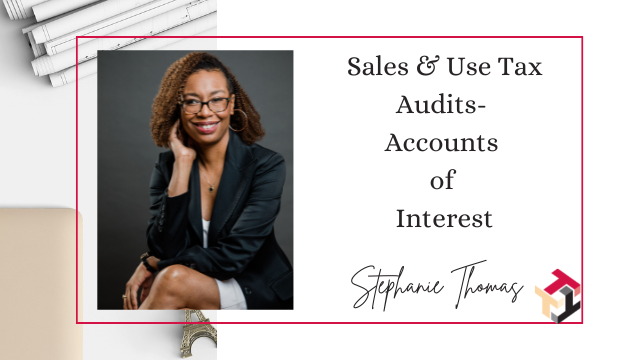
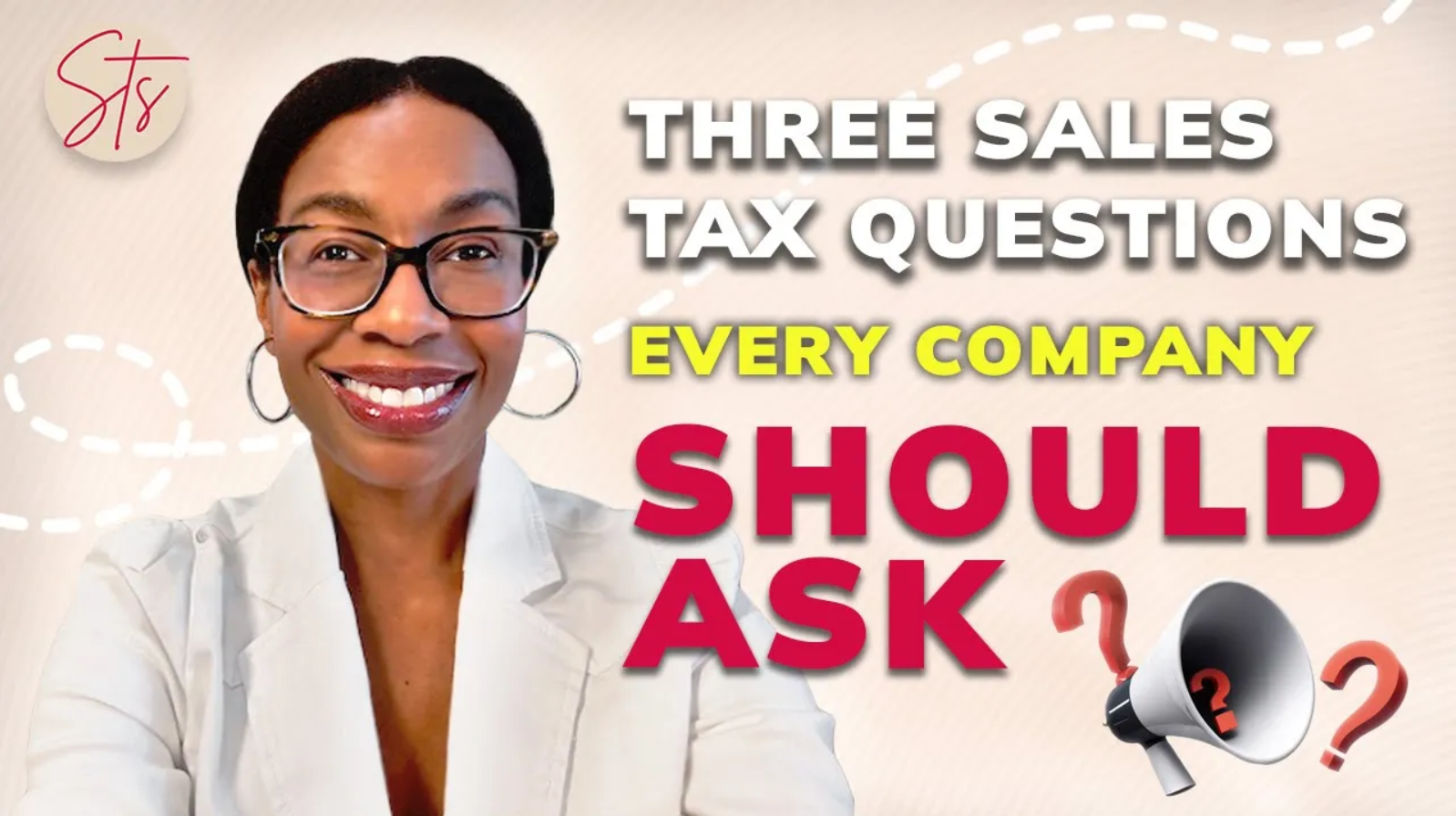
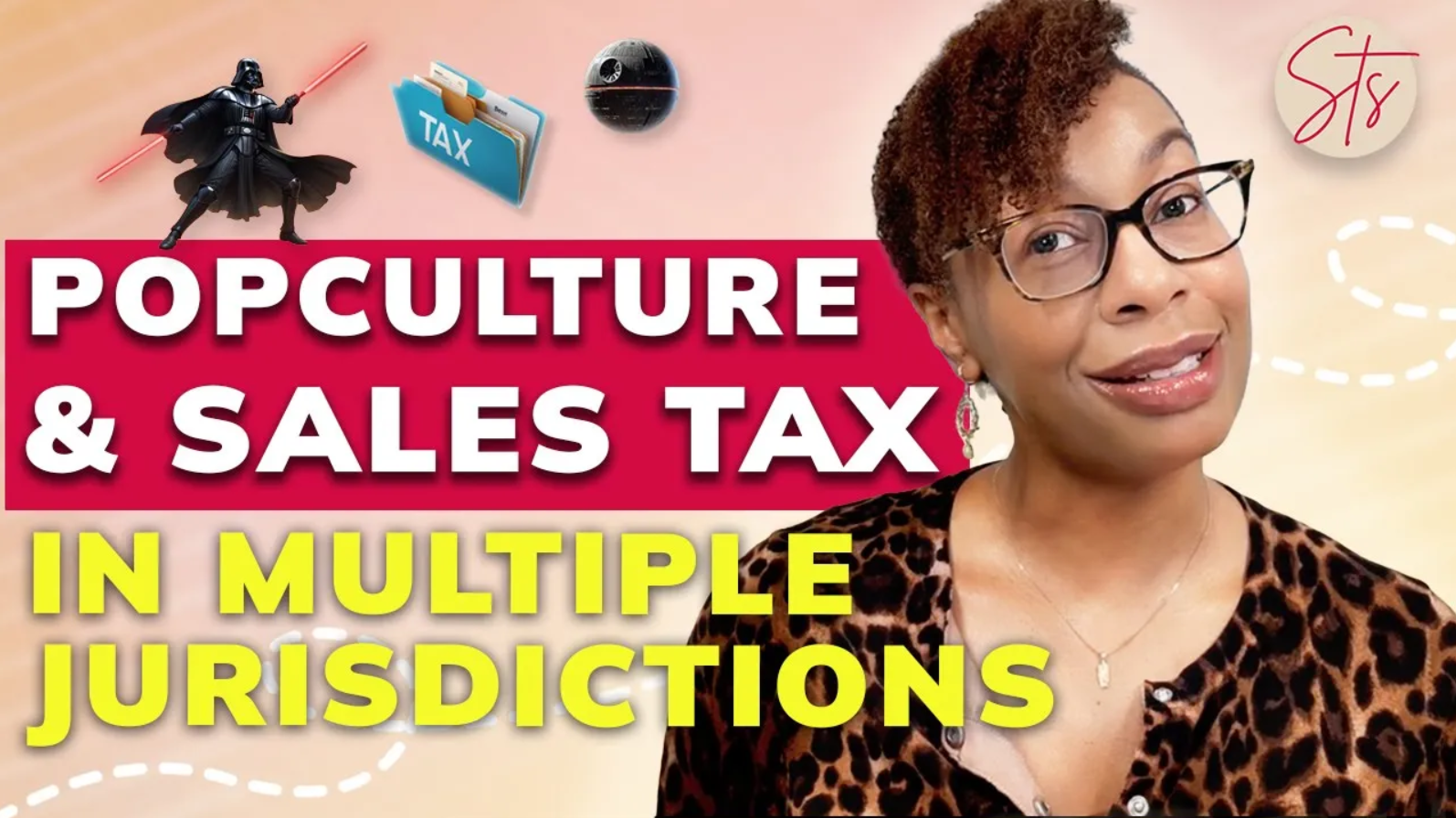
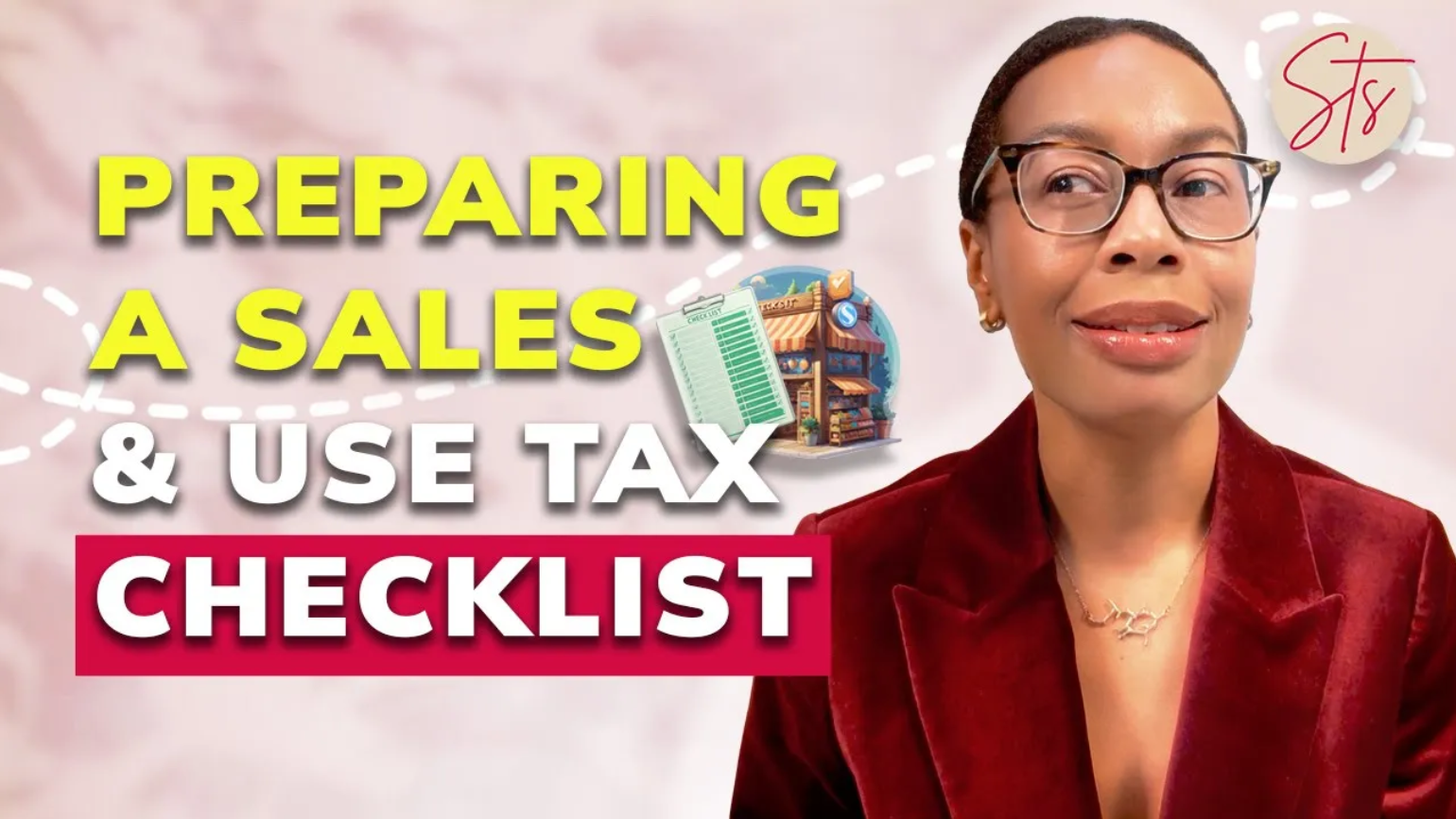
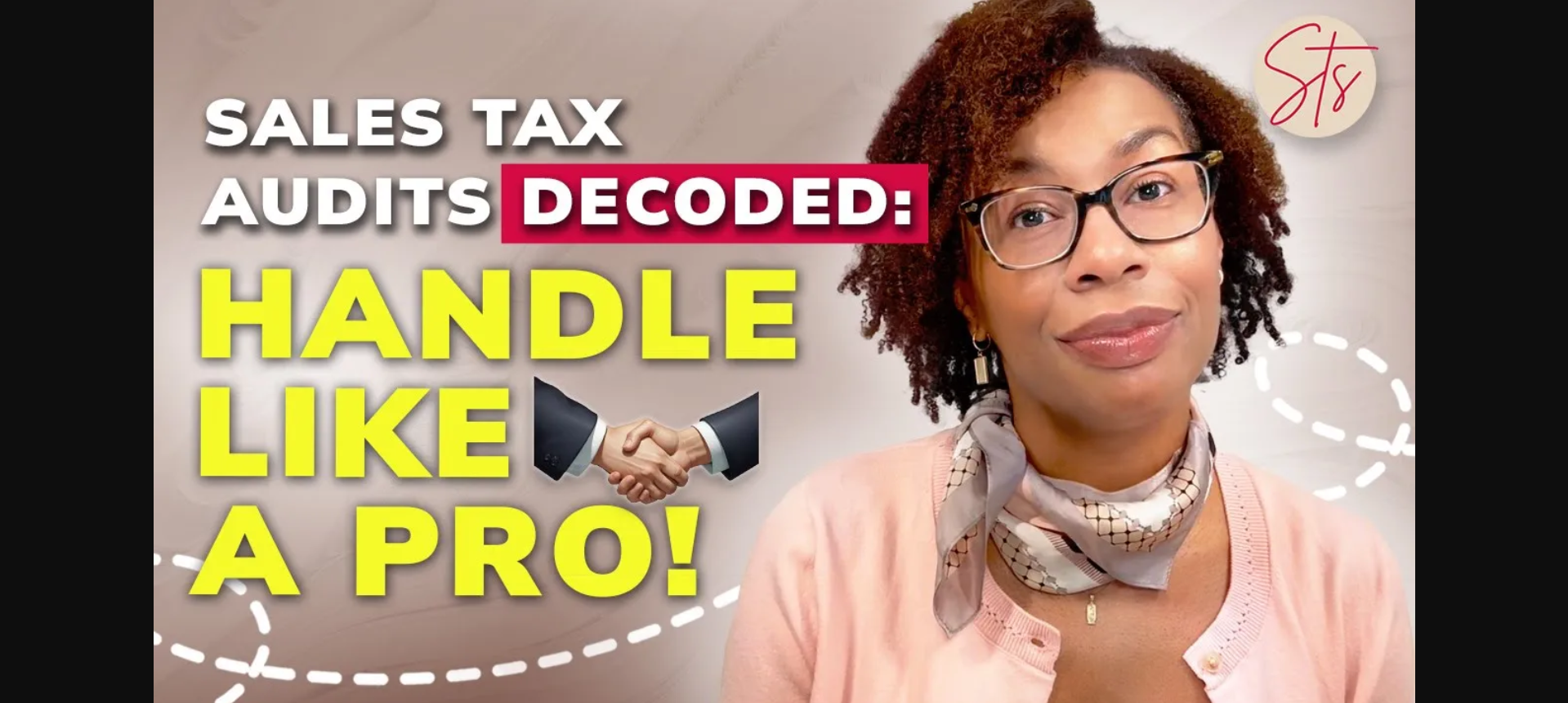
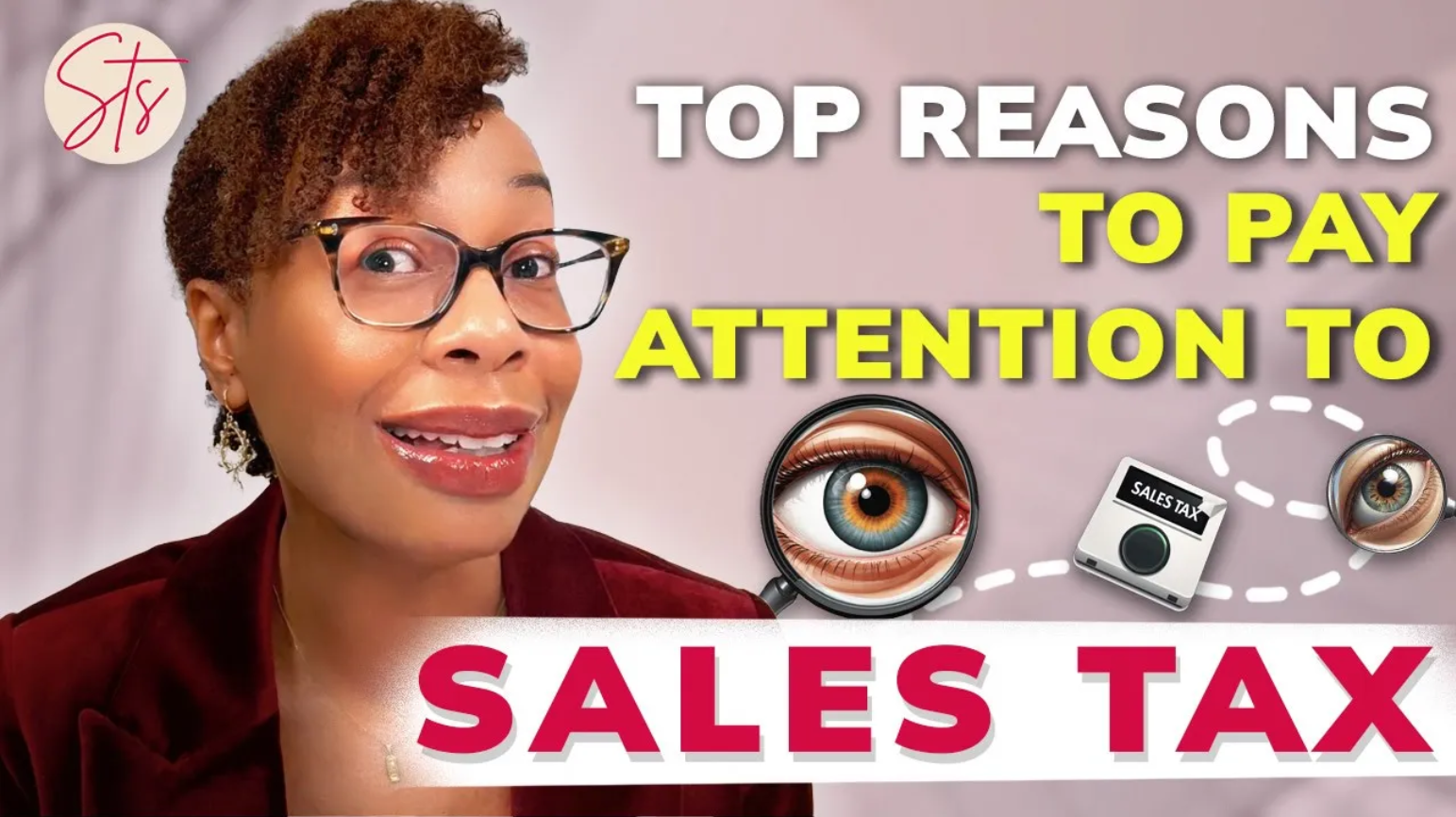
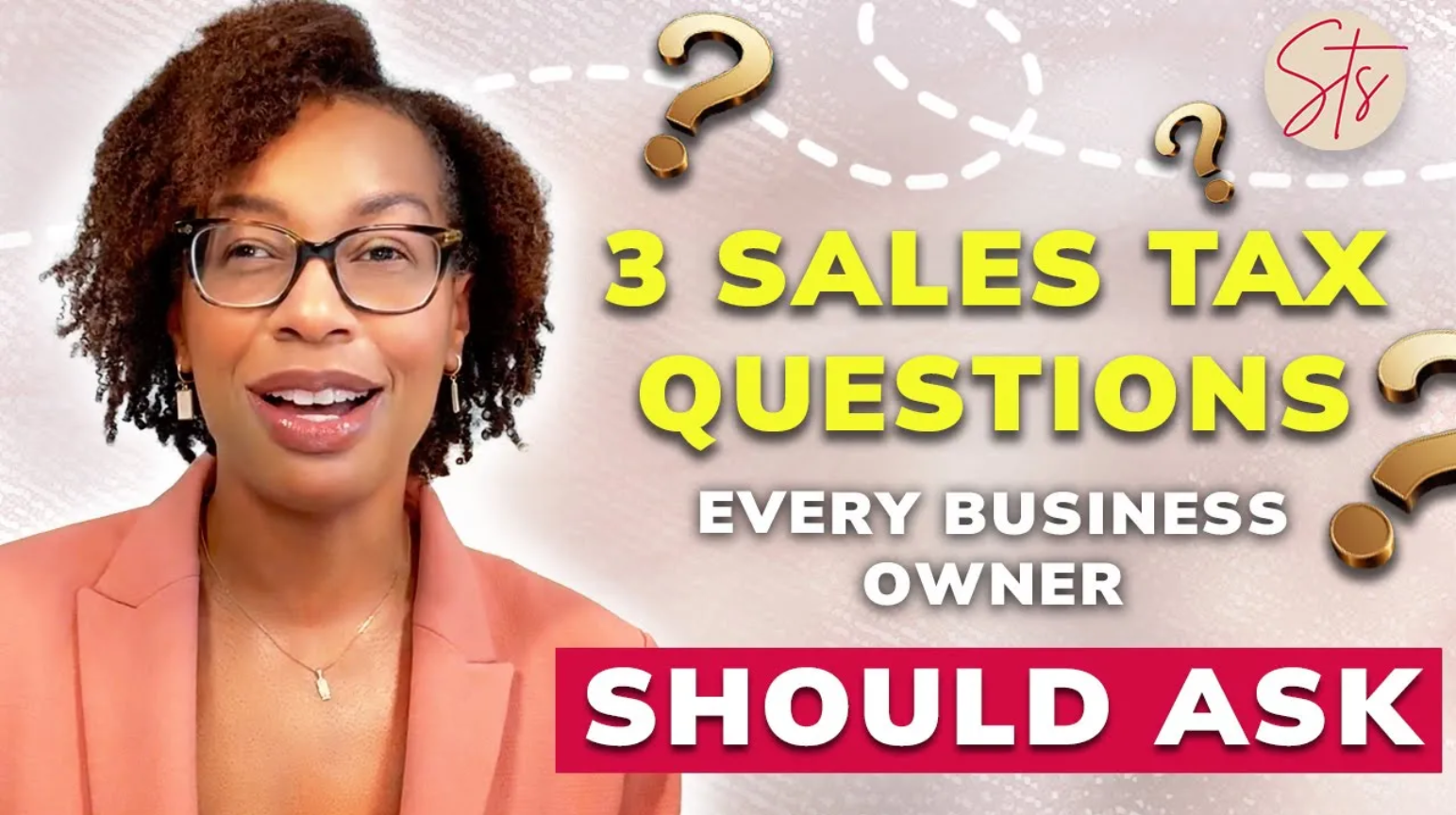
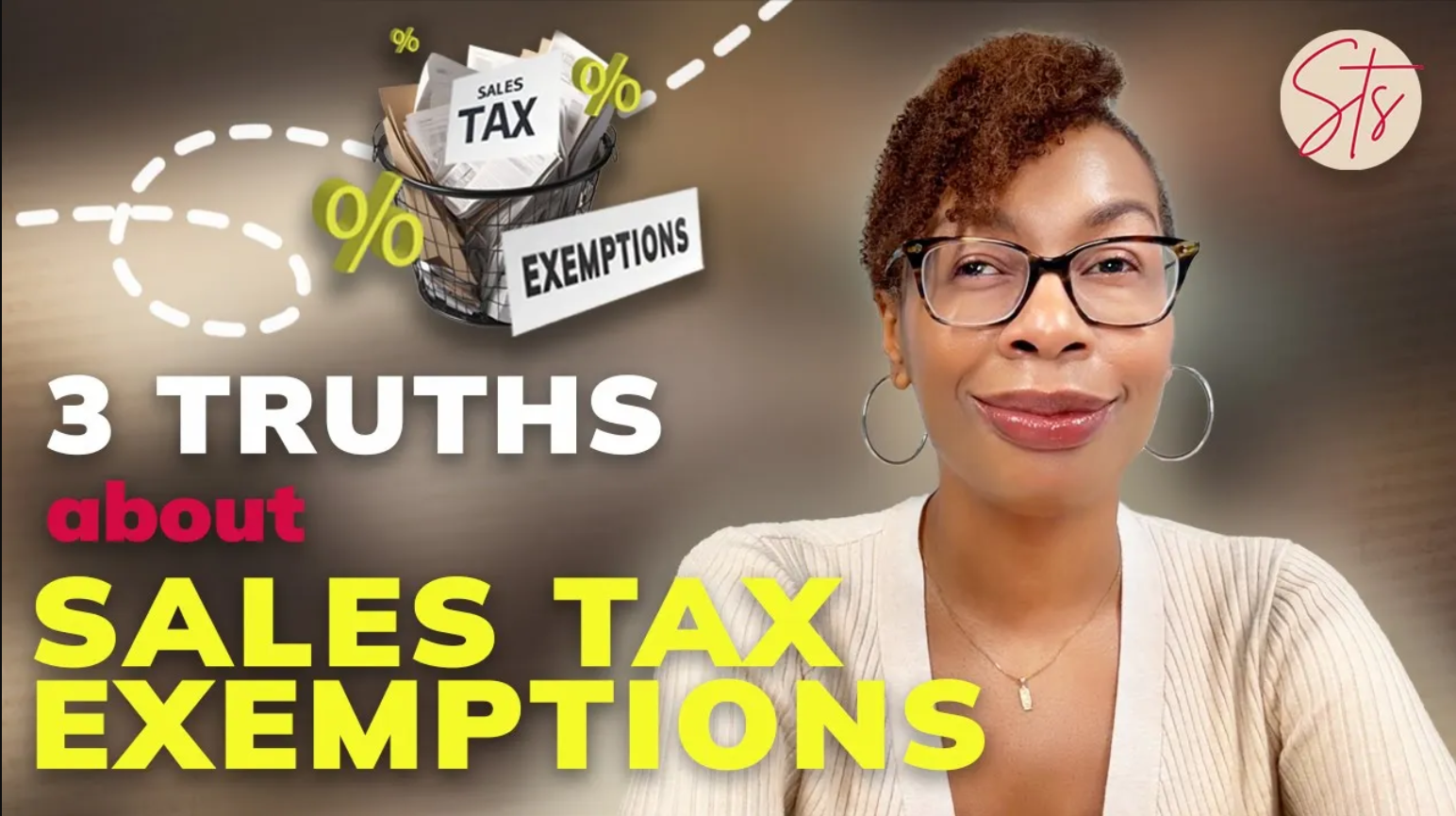
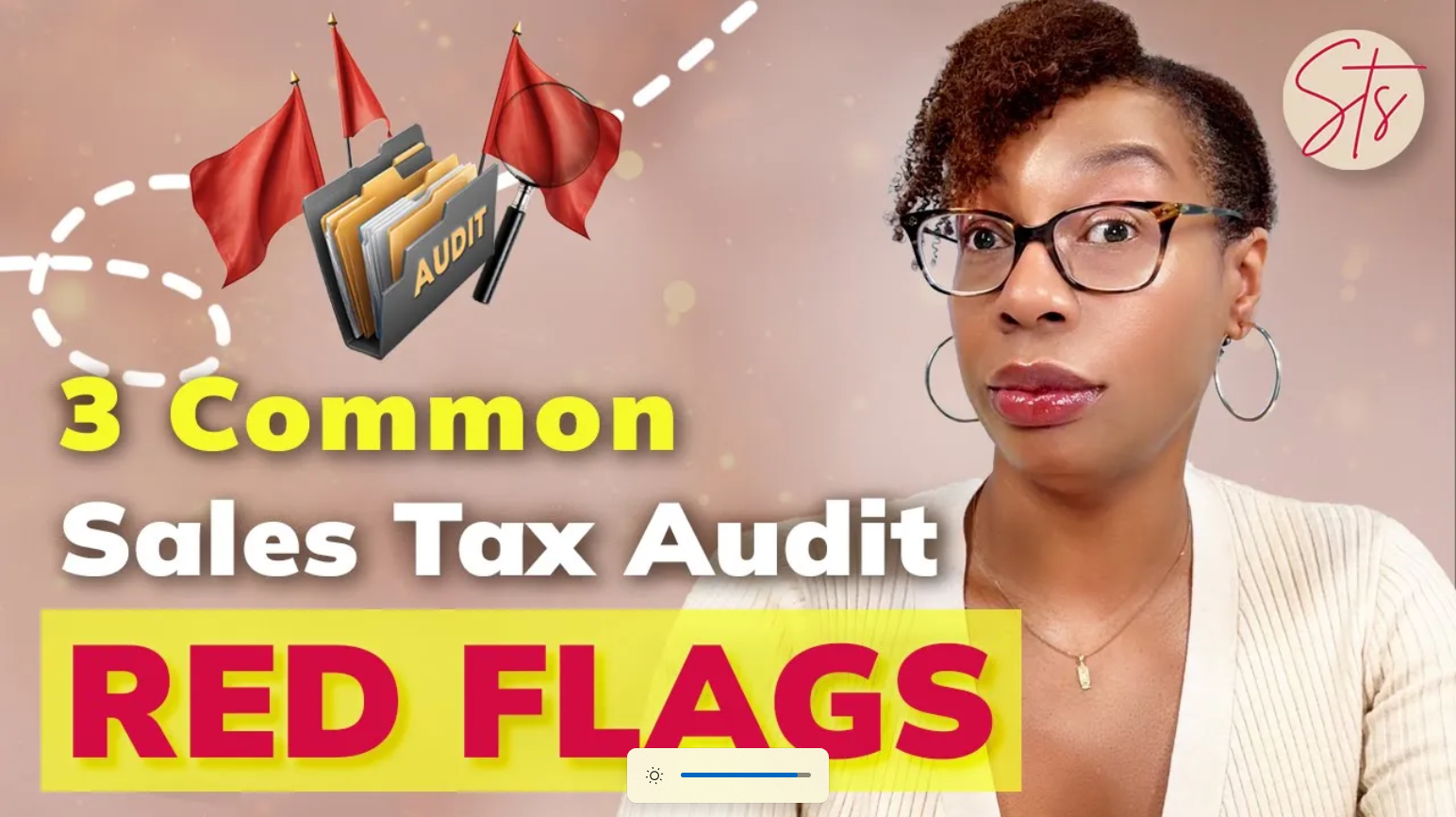
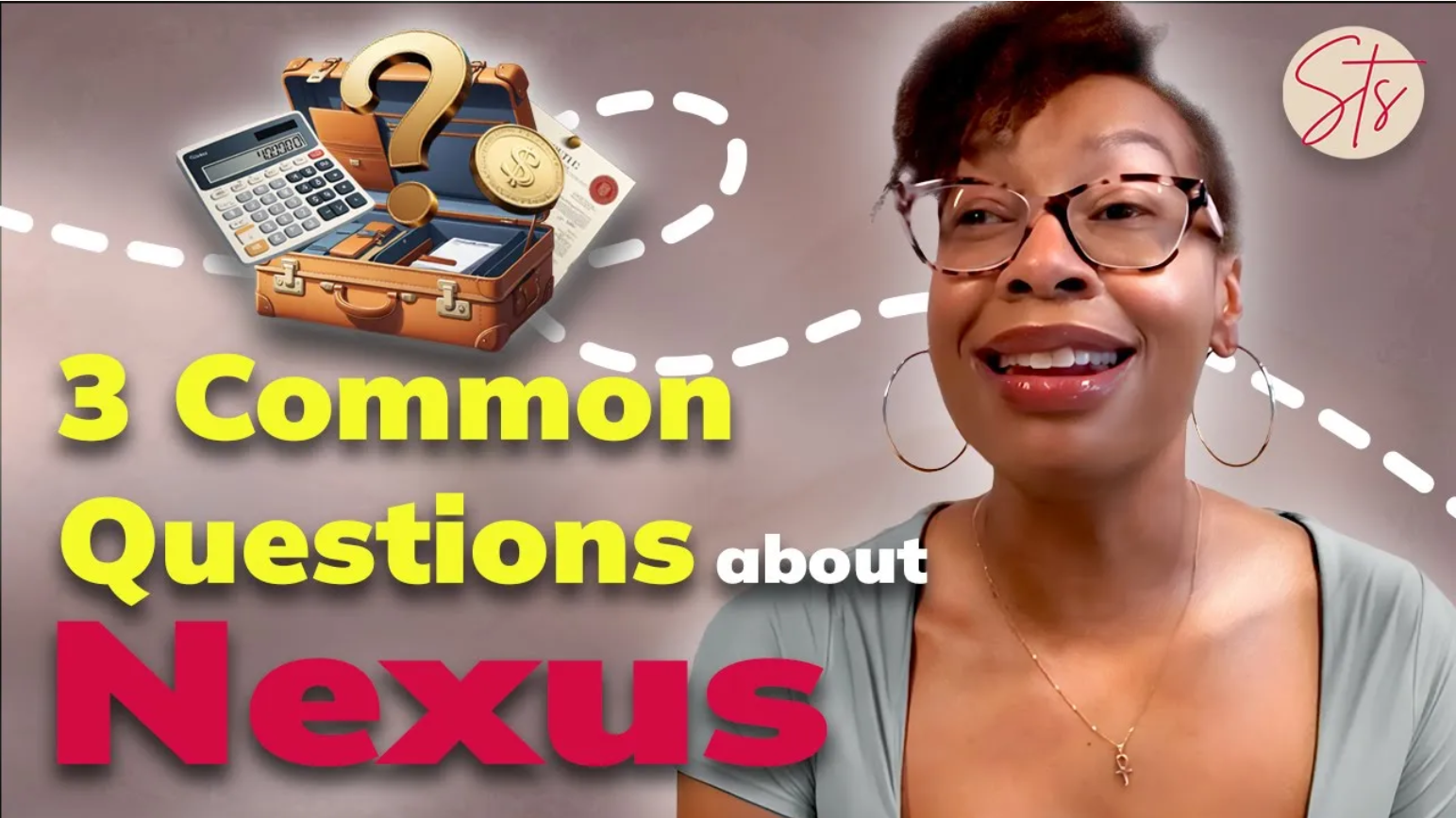

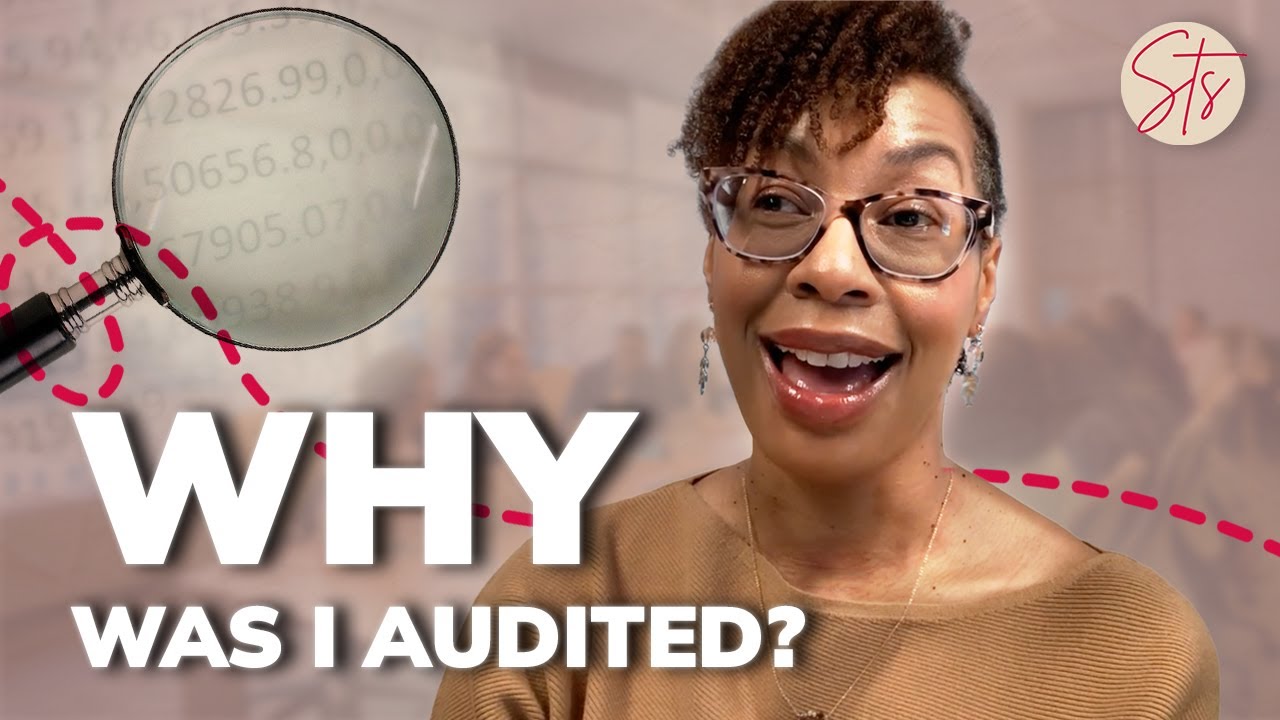


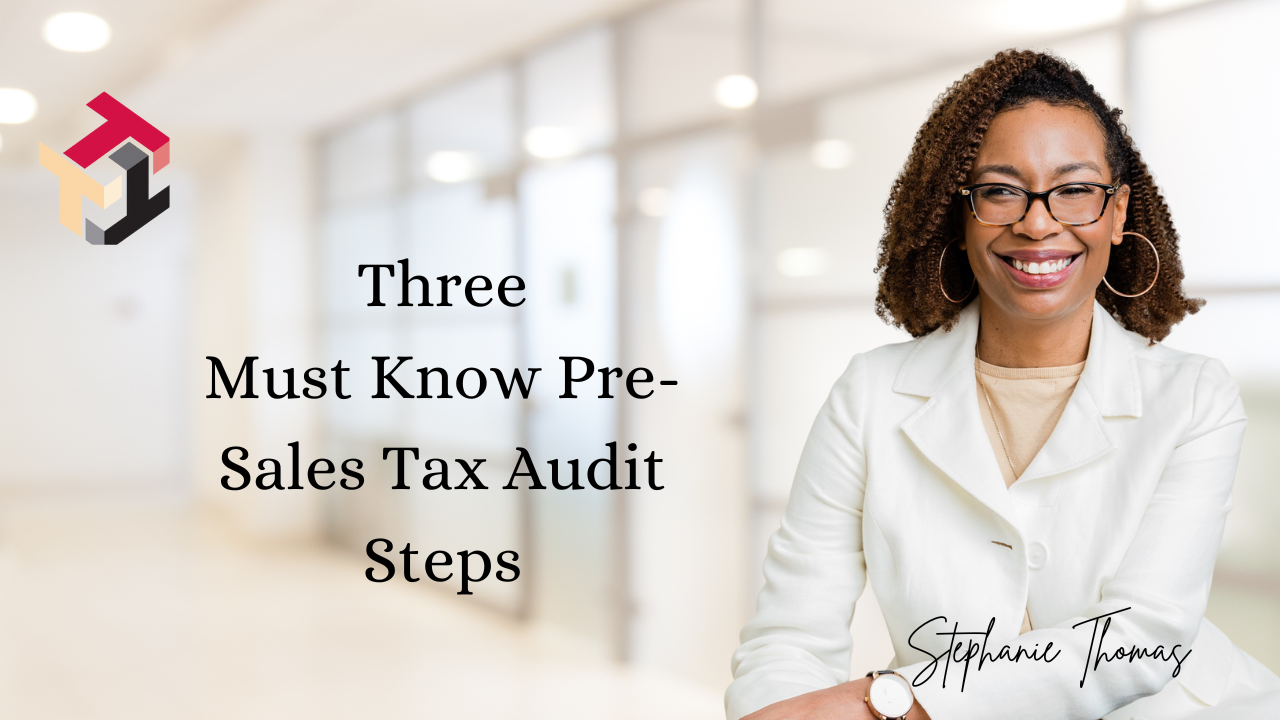

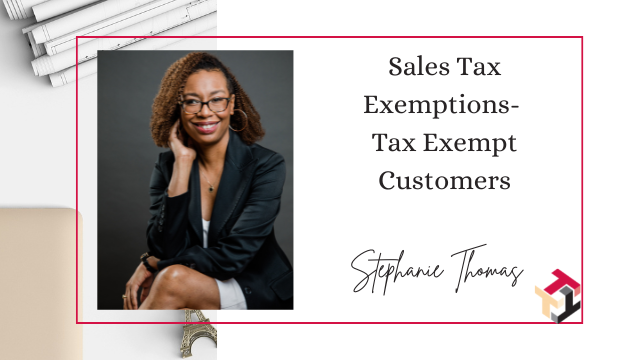

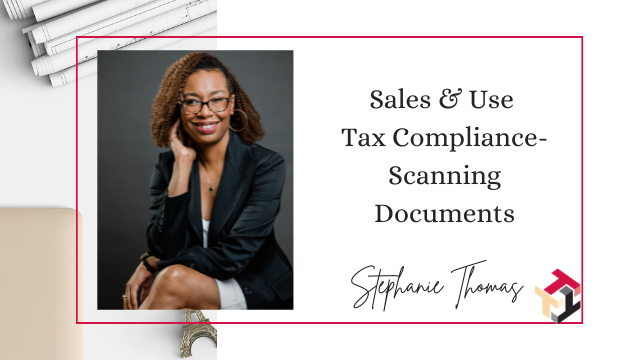
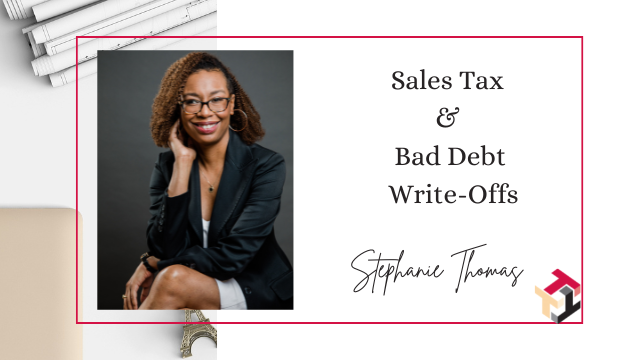

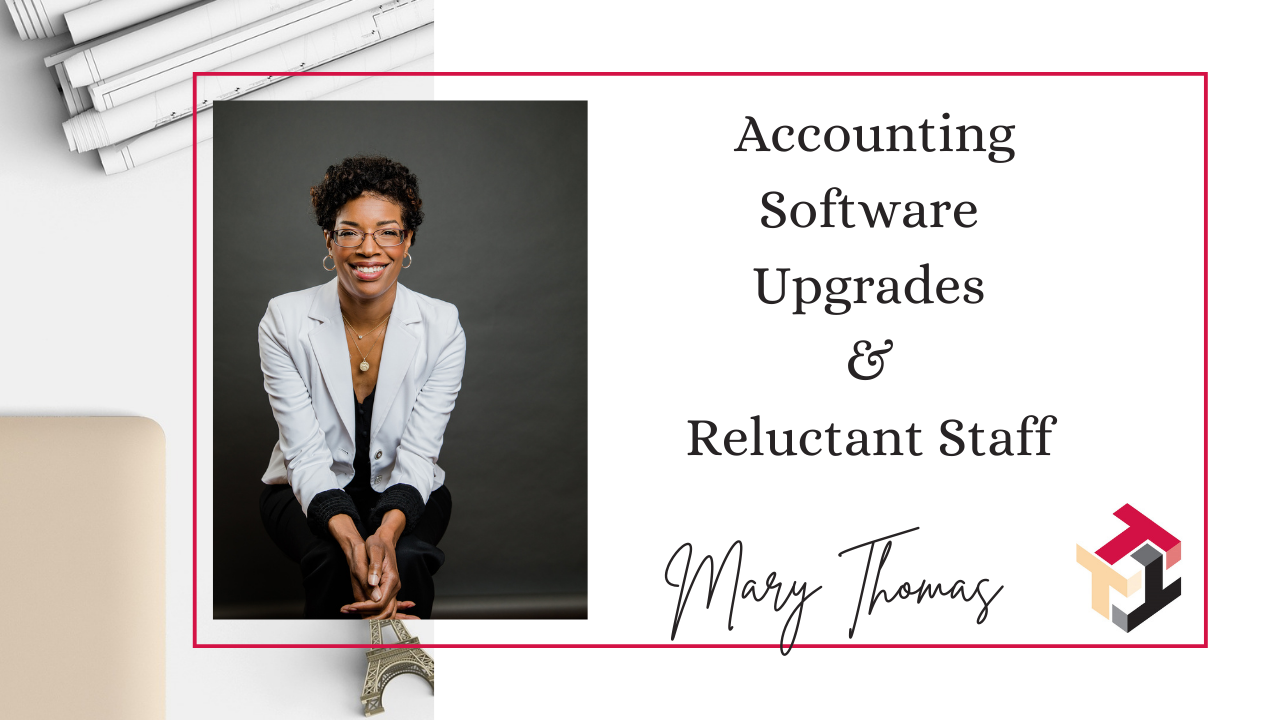

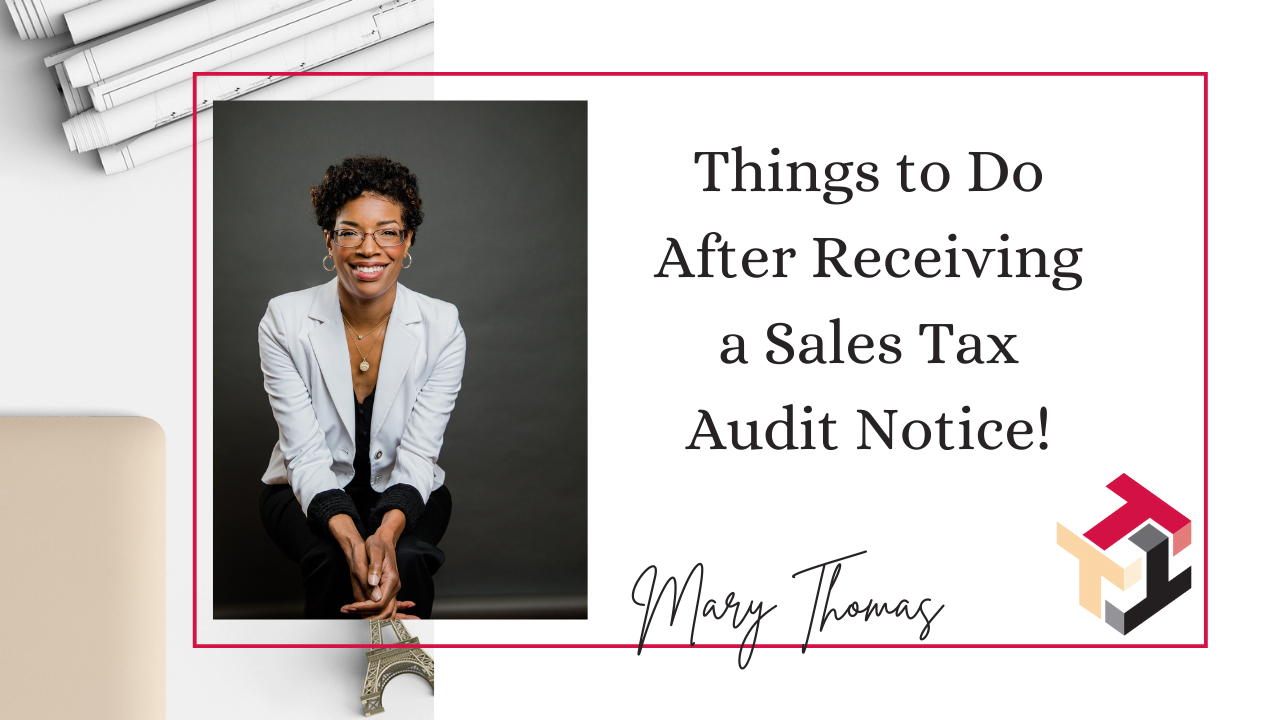
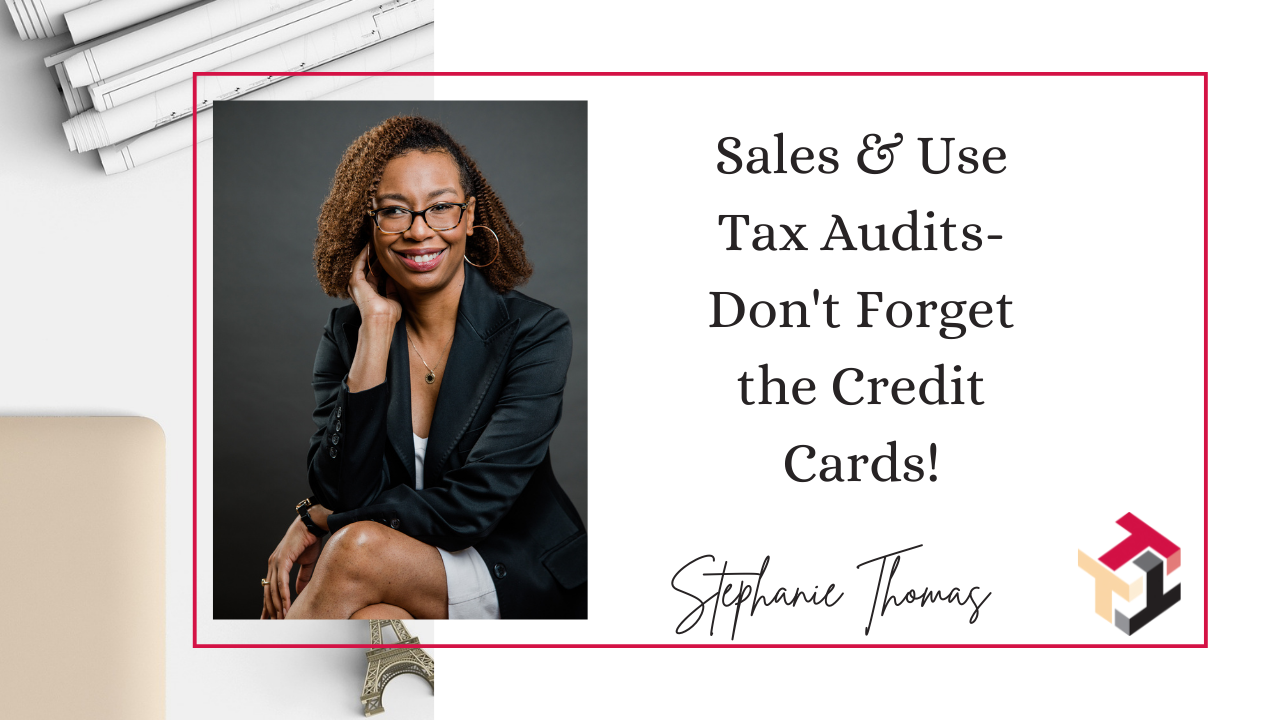
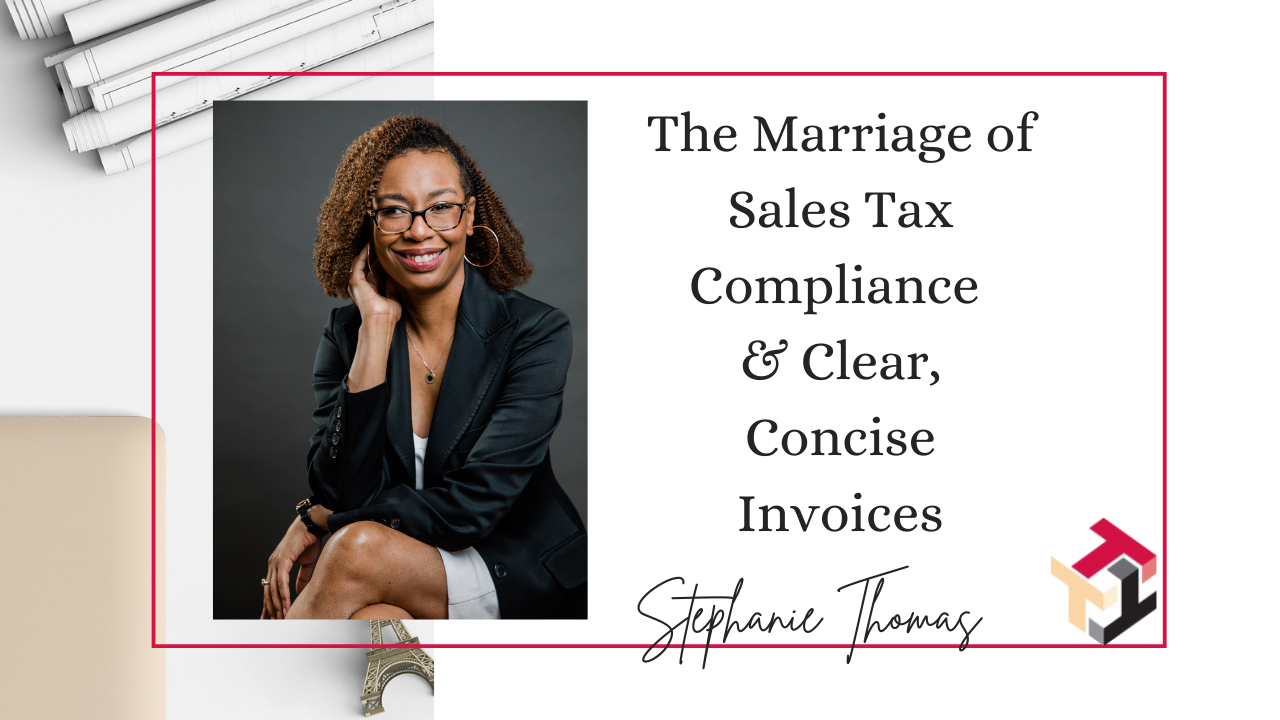
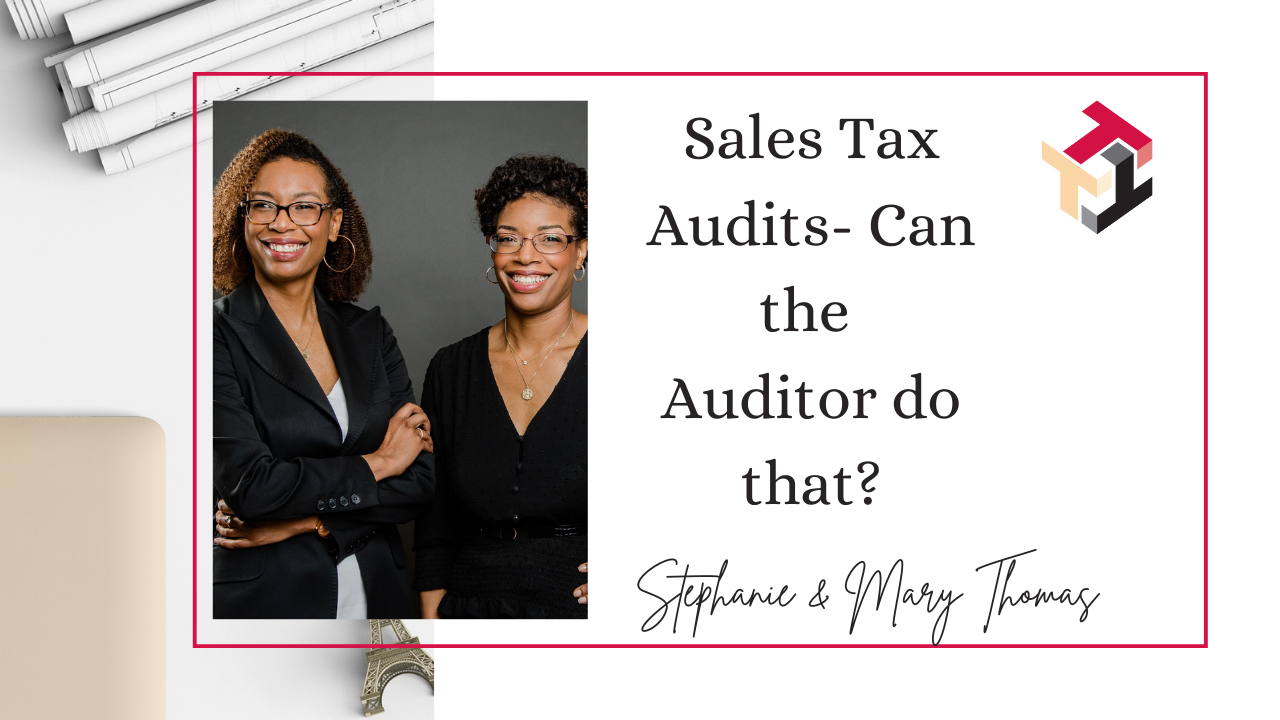


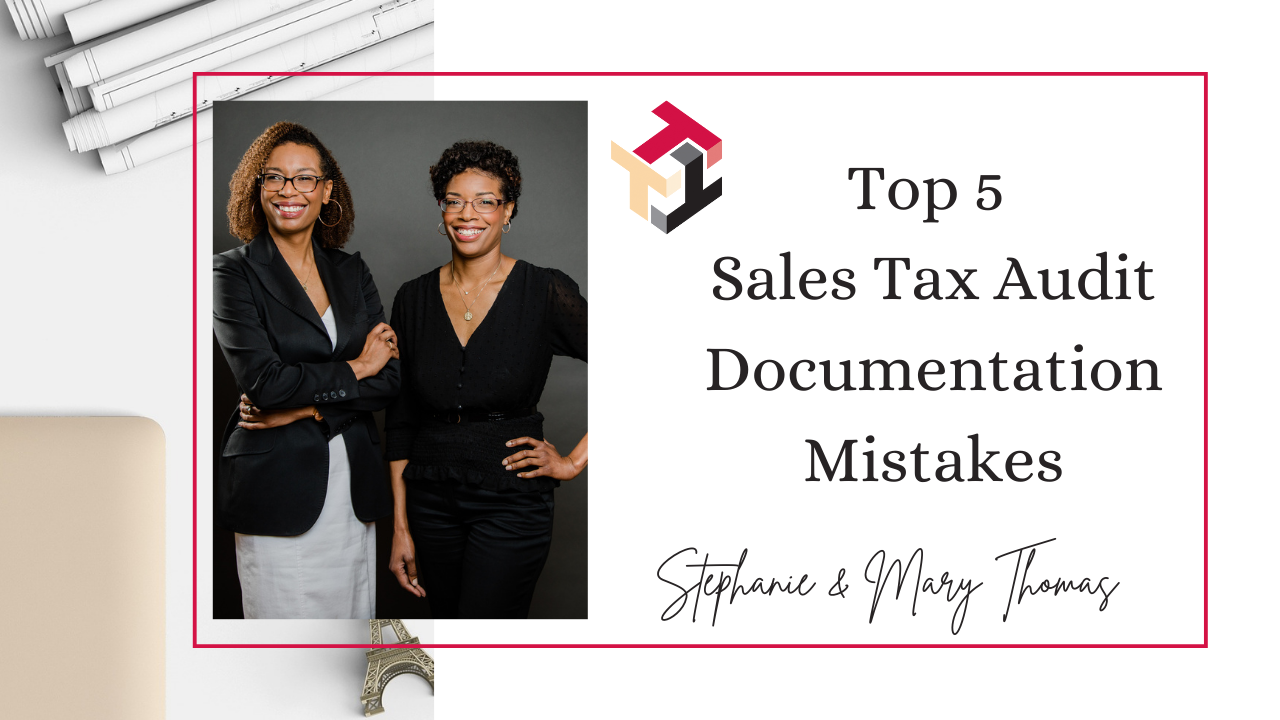

0 Comments